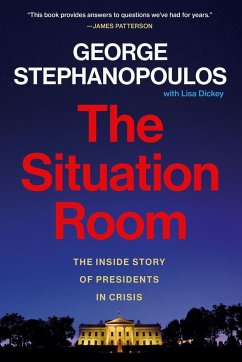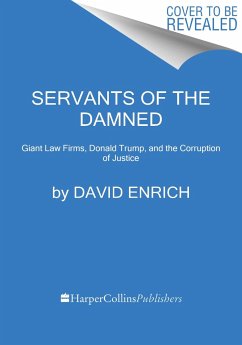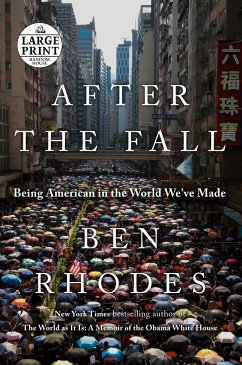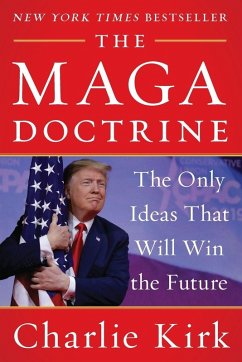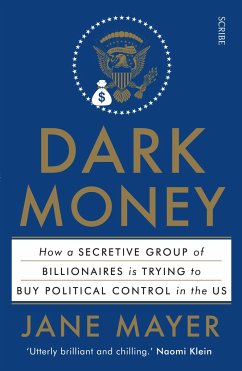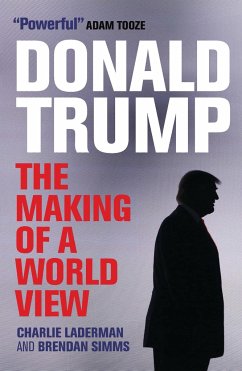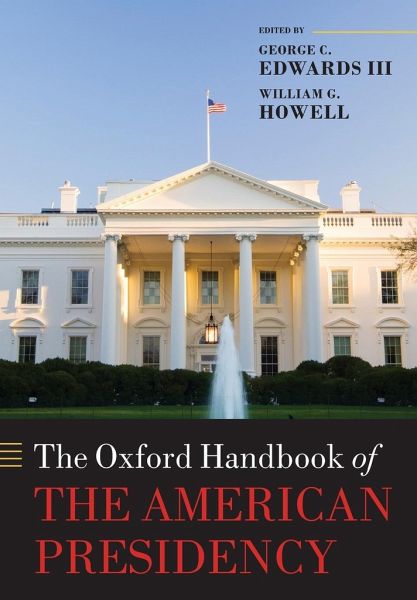
The Oxford Handbook of the American Presidency
Versandkostenfrei!
Versandfertig in 1-2 Wochen
72,99 €
inkl. MwSt.

PAYBACK Punkte
36 °P sammeln!
The Oxford Handbooks of American Politics are the essential guide to the study of American political life in the 21st Century. With engaging, new contributions from the major figures in the field The Oxford Handbook of the American Presidency provides the key point of reference for anyone working in American Politics today.





